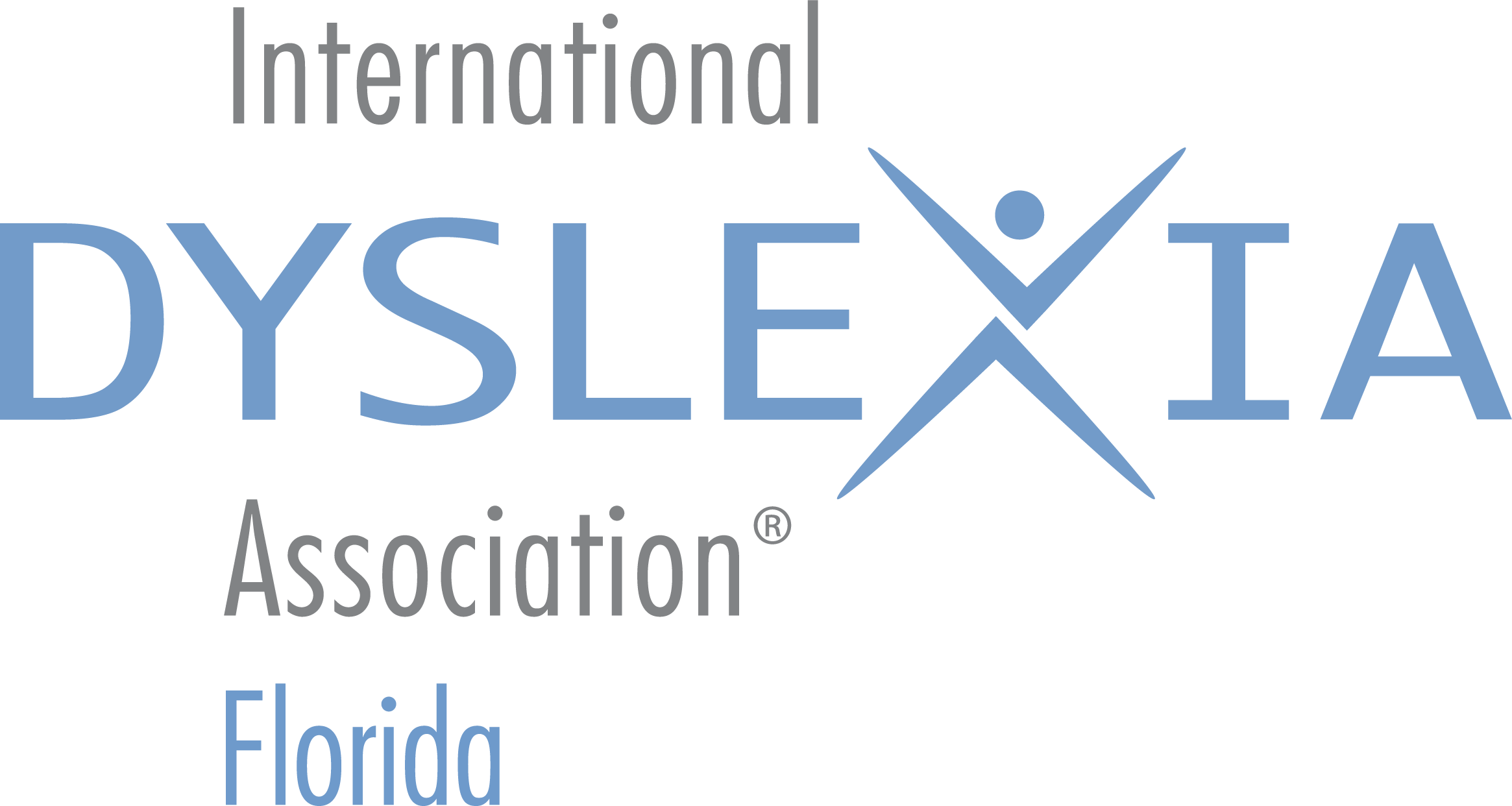2018 IDA Florida Conference
Dyslexia: Dispelling Myths and Supplying Solutions
Please review our Policies page
October 6, 2018
Session 1
8:30 am – 10:00 am
The Elephant in the Room: What We Overlook Regarding Struggling Readers
Dr. Nancy Mather
 The purpose of this session is to address specific issues (that are often overlooked or ignored) that affect the identification of students with dyslexia, as well as the provision of appropriate interventions. Examples of these issues include the misguided assumptions that: (a) an RTI process is sufficient for dyslexia identification; (b) the only cause of dyslexia is poor phonological awareness; (c) twice exceptional children do not exist; (d) teachers are adequately prepared to teach reading to students with dyslexia; and (e) dyslexia only affects reading and writing performance.
The purpose of this session is to address specific issues (that are often overlooked or ignored) that affect the identification of students with dyslexia, as well as the provision of appropriate interventions. Examples of these issues include the misguided assumptions that: (a) an RTI process is sufficient for dyslexia identification; (b) the only cause of dyslexia is poor phonological awareness; (c) twice exceptional children do not exist; (d) teachers are adequately prepared to teach reading to students with dyslexia; and (e) dyslexia only affects reading and writing performance.
After the session participants will be able to:
- Identify two reasons why Response to Intervention (RTI) is not suitable as a sole identification method for dyslexia.
- Identify three additional cognitive correlates of dyslexia, in addition to phonological awareness.
- List five current issues that are affecting the accurate identification and provision of timely services for students with dyslexia.
- Explain the importance of highly trained reading teachers who can deliver structured literacy.
Session 2
10:30 am – 12:00 pm
How Do We Solve the Reading Crisis?
Dr. Nancy Mather
 The purpose of this session is to address specific topics regarding the instruction of students with dyslexia. Examples of these topics include: (a) discussion of how basic reading skills develop; (b) provision of examples of effective evidence-based interventions that are matched to developmental levels; (c) discussion of how technological innovations can help address reading failure; (d) considerations of the importance of teacher preparation and training.
The purpose of this session is to address specific topics regarding the instruction of students with dyslexia. Examples of these topics include: (a) discussion of how basic reading skills develop; (b) provision of examples of effective evidence-based interventions that are matched to developmental levels; (c) discussion of how technological innovations can help address reading failure; (d) considerations of the importance of teacher preparation and training.
After the session participants will be able to:
- Explain how basic reading and spelling skills develop.
- Provide three examples of evidence-based interventions that are matched to a student’s developmental levels.
- Identify the two most important phonological awareness abilities for early reading and spelling.
- Explain how dyslexia affects self-esteem.
Session 3
1:00 pm – 2:30 pm & 3:00 pm – 4:30 pm
Recent Advances in Understanding Word-Level Reading Skills: Implications for Reading Instruction and for Understanding Reading Difficulties
Dr. David A. Kilpatrick
 There has been much progress in the last 25 – 30 years in understanding word reading development, particularly orthographic learning. The two major cognitive theories of orthographic learning are Linnea Ehri’s orthographic mapping theory and David Share’s self-teaching hypothesis. Despite strong empirical support for both theories, it appears that insufficient effort has been given to integrating these largely overlapping yet distinct theories. It also appears there has been very little done to connect the research on orthographic learning with the research on word-level reading intervention for students with dyslexia. This presentation is designed to demonstrate how orthographic learning theories can be integrated with research on phonological awareness development, the phonological-core deficit of dyslexia, and word-level reading intervention. Integration of these four niche areas of reading research holds the promise of more well-founded reading instruction and intervention for students who struggle with reading.
There has been much progress in the last 25 – 30 years in understanding word reading development, particularly orthographic learning. The two major cognitive theories of orthographic learning are Linnea Ehri’s orthographic mapping theory and David Share’s self-teaching hypothesis. Despite strong empirical support for both theories, it appears that insufficient effort has been given to integrating these largely overlapping yet distinct theories. It also appears there has been very little done to connect the research on orthographic learning with the research on word-level reading intervention for students with dyslexia. This presentation is designed to demonstrate how orthographic learning theories can be integrated with research on phonological awareness development, the phonological-core deficit of dyslexia, and word-level reading intervention. Integration of these four niche areas of reading research holds the promise of more well-founded reading instruction and intervention for students who struggle with reading.
As a result of this session, participants will be able to:
- Explain to teachers and parents how word-level reading skills develop and why some students struggle with those skills.
- Assemble a battery of assessments that will allow them to pinpoint precisely why a student is struggling in reading.
- Administer and interpret the Phonological Awareness Screening Test.
- Recommend to general and special educational teachers and administrators the most highly effective intervention approaches.
- Recommend to administrators and K-1 teachers instructional practices that will prevent most reading difficulties from occurring in the first place.
Share this page with your friends…






